Pa Boating License: Essential Steps and Requirements Explained
Boating in Pennsylvania offers a unique opportunity to explore the state's numerous waterways and enjoy a wide range of recreational activities. A crucial aspect of ensuring safety and compliance while boating in Pennsylvania is obtaining a boating license. The Pennsylvania Fish and Boat Commission (PFBC) oversees the regulations and requirements for getting this license. They aim to promote safe, responsible, and enjoyable boating experiences for all residents and visitors.
To be eligible for a Pennsylvania boating license, one must complete a boating safety education course approved by the PFBC. These courses are designed to provide individuals with the necessary skills and knowledge to safely operate watercrafts. Available in both online and in-person formats, they cover key aspects such as boating practices, navigating the waterways, and safety measures. The successful completion of an approved course results in the issuance of a Boating Safety Education Certificate, which acts as a physical boating permit.
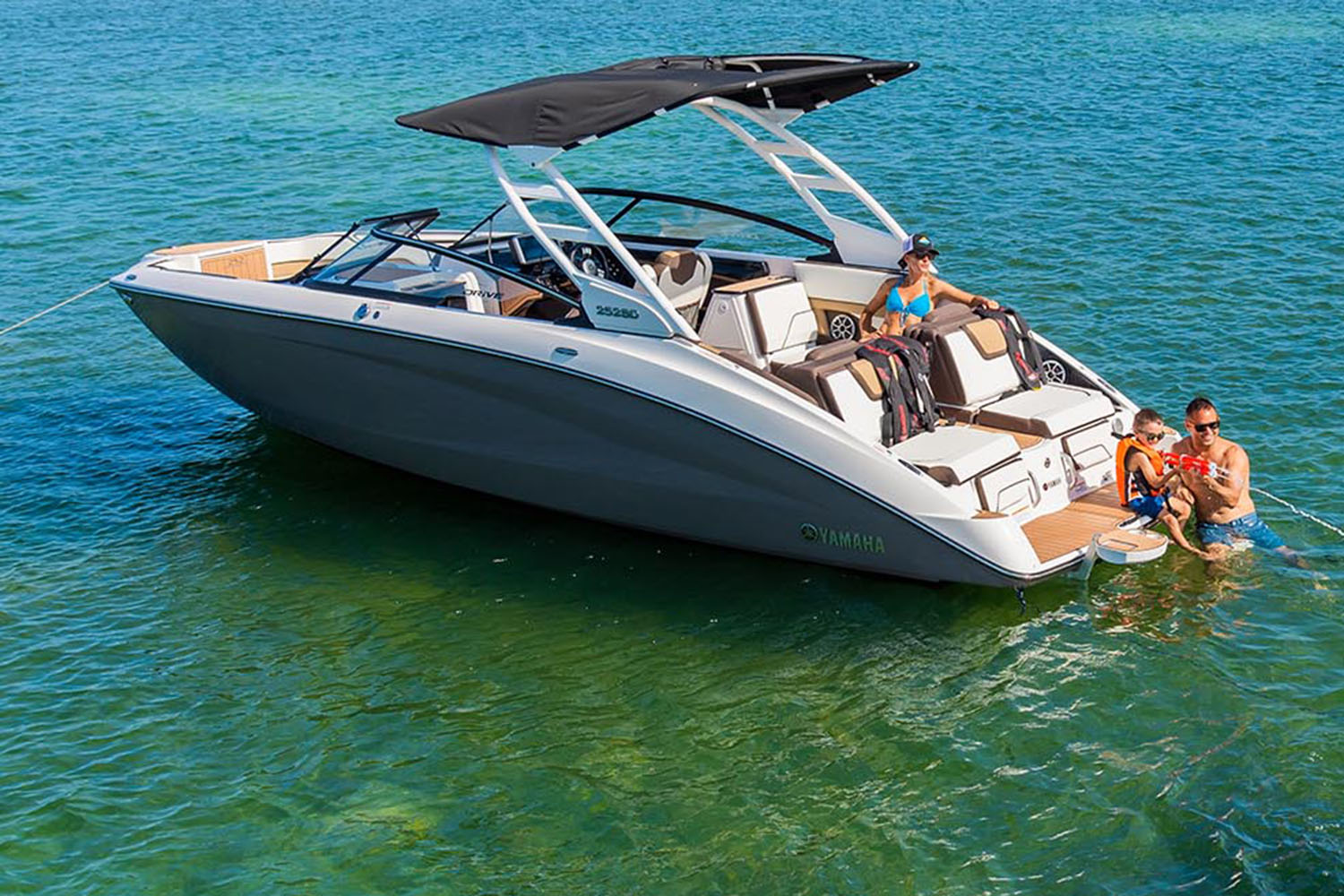
Key Takeaways
- Obtaining a boating license in Pennsylvania ensures safety and compliance with state regulations.
- The Pennsylvania Fish and Boat Commission oversees boating safety education and licensing in the state.
- Completing a PFBC-approved course online or in-person will result in a lifetime Boating Safety Education Certificate.
Overview of Pennsylvania Boating License
Pennsylvania offers a wide array of boating opportunities for its residents and visitors. With over 85,000 miles of rivers and streams and 76 natural lakes, obtaining a boating license in Pennsylvania is essential for enjoying these waterways safely and legally.
To acquire a Pennsylvania boating license, individuals can choose either an in-person or online course offered by various third-party organizations. These courses cover essential boating safety topics, such as navigation, communication, and emergency procedures, to ensure boaters are prepared and knowledgeable on the water.
Upon successful completion of an approved boating course, the Pennsylvania Fish and Boat Commission will issue a lifetime Boating Safety Education Certificate. It is important to note that Pennsylvania law mandates all personal watercraft (PWC) operators to have boater education and carry their education card while operating the watercraft.
In addition to safety education, boaters may need to obtain boating permits and forms depending on their watercraft type and intended activities. Boaters should familiarize themselves with various permits, such as Boat Length Certification or Boating Accident Report, to ensure compliance with Pennsylvania's boating regulations.
Before embarking on your next boating adventure in Pennsylvania, take the necessary steps to obtain your boating license and familiarize yourself with the state's boating rules and regulations. By doing so, you can ensure a safe, enjoyable, and responsible time on Pennsylvania's beautiful waterways.

Pennsylvania's Regulatory Authority
About Penn Fish and Boat Commission
The Pennsylvania Fish & Boat Commission is the state agency responsible for managing and regulating fishing, boating, and aquatic resources in Pennsylvania. Part of its mission is to ensure the safety and enjoyment of all users on the Commonwealth's waterways. The Commission enforces the boating regulations and maintains updated information on boating laws and practices.
The Commission is responsible for the issuance of boat registrations, licenses, and permits, which can be found on their forms and permits page. It implements and enforces the boating laws and regulations applicable to Pennsylvania's waterways, including those pertaining to life jackets, boating safety courses, and boat operator licenses.
Acceptance of NASBLA
The Pennsylvania Fish & Boat Commission recognizes the importance of standardized boating education and training across the United States. As such, they accept boating safety courses approved by the National Association of State Boating Law Administrators (NASBLA) for Pennsylvania boating license requirements. This ensures that boating education and safety standards meet a nationally recognized level of quality and effectiveness.
In Pennsylvania, it is required for all Personal Watercraft (PWC) operators to have a boater education card, which can be obtained by completing an approved NASBLA course. By accepting NASBLA-certified courses, the Commission promotes a consistent and coherent approach to boating safety education for all watercraft operators in the state.
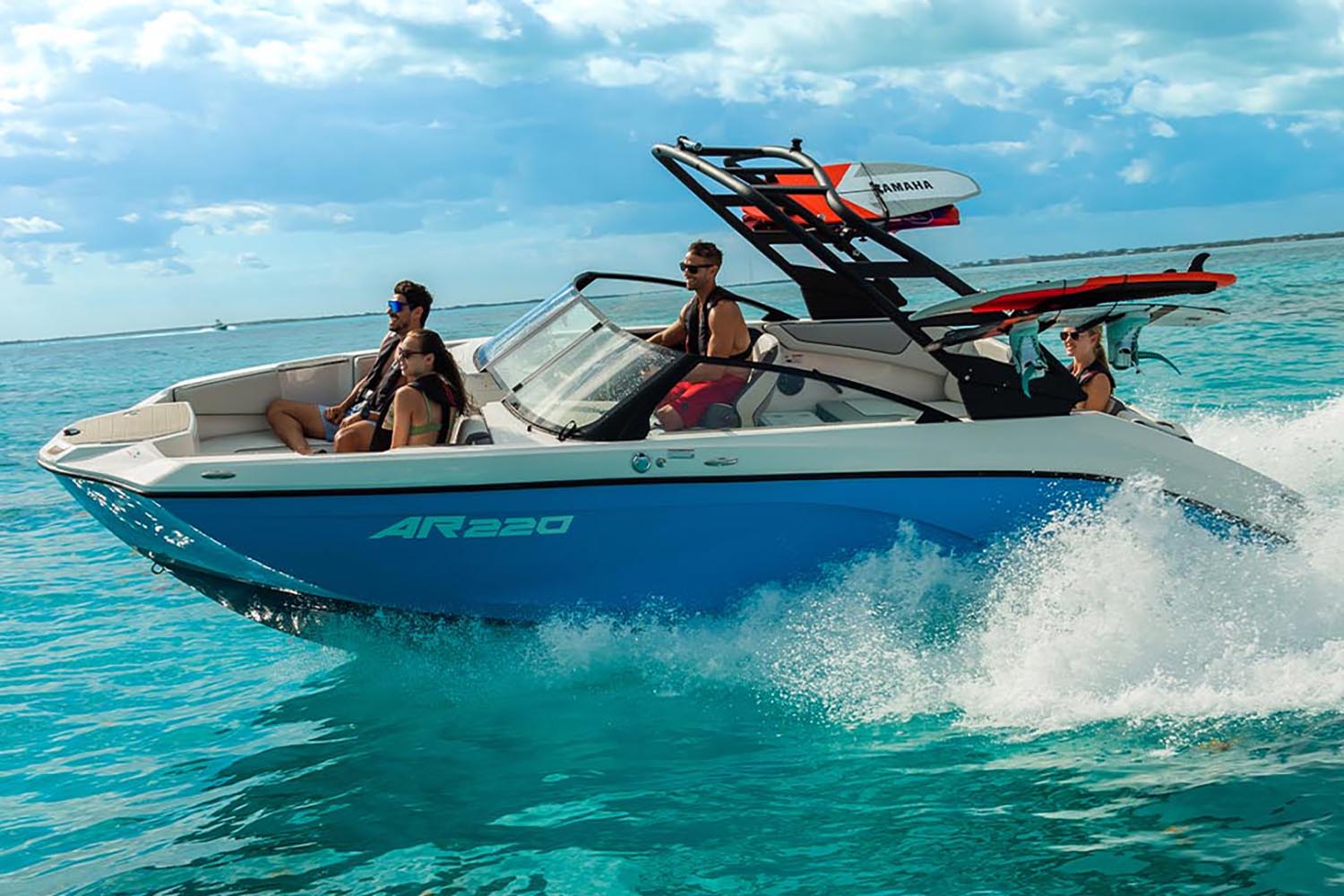
Eligibility for Pennsylvania Boating License
Pennsylvania Residents
In Pennsylvania, the boating license applicant's age is vital in determining the state's licensing requirements. Residents born after January 1, 1982, must obtain a boating license to operate a watercraft over 25 horsepower1. To acquire a Pennsylvania boating license, residents need to study and pass a boating safety course, pay a $10.00 state fee, and a $5.00 PFBC admin fee2. Upon successful completion, they can print their online course completion document and are authorized to operate a boat.
Children and Young Boaters
When it comes to children and young boaters, there are certain restrictions in place. In Pennsylvania, children 12 years of age and younger are not permitted to operate a personal watercraft (PWC) or a boat with a motor greater than 25 horsepower3. Parents or guardians should be aware of these restrictions and ensure their children adhere to these age limitations.
Furthermore, a parental signature is required on the boating license application for applicants younger than 18 years of age4. It is necessary for parents or guardians to be involved in the licensing process to ensure the safety of their children while on the water.
In summary, to be eligible for a Pennsylvania boating license, residents must be at least 12 years old and born after January 1, 1982, to operate a boat with more than 25 horsepower. Additionally, parental involvement is required for younger applicants, and age restrictions apply for children under 12 years old.
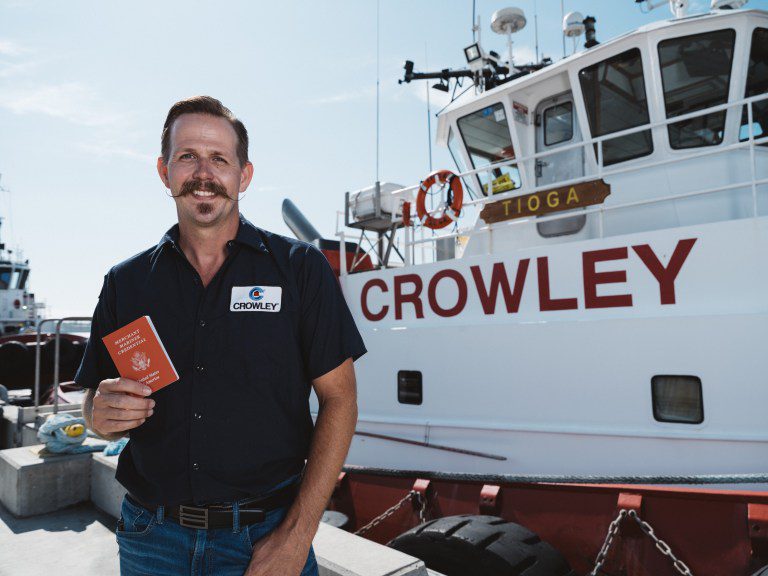
Understanding Boating Safety Education
The Safety Certificate
In Pennsylvania, it's necessary to possess a Boating Safety Education Certificate to operate specific types of watercraft. These certificates are required for anyone born on or after January 1, 1982, to operate boats powered by motors greater than 25 horsepower, and for all personal watercraft operators, regardless of age. The certificate must be carried with the operator while using a boat 1.
The Pennsylvania Fish and Boat Commission2 is responsible for issuing these certificates. To obtain a Boating Safety Education Certificate, individuals must enroll in a boater education course. The Pennsylvania Basic Boating course is an 8-hour course3 that covers essential knowledge required to navigate safely and responsibly.
Importance of Boater Education
Boater education plays a vital role in promoting safety and responsible boating practices. It empowers boaters with the knowledge required to handle a variety of situations that may occur while on the water. Courses like the Pennsylvania Boat Ed Course4 are designed to educate boaters on crucial topics, including:
- Preparation before getting underway
- Navigation and safe operation
- Legal requirements of boating in Pennsylvania
- Handling boating emergencies
- Safe and enjoyable water sports participation
Taking a boater safety course helps in reducing the risk of accidents and ensures that boaters are well-prepared to tackle emergencies. By completing a boating education course, boaters will receive their Boating Safety Education Certificate, allowing them to operate their watercraft confidently and legally. Lastly, proper boater education contributes not just to maintaining personal safety, but also to ensuring the overall safety and enjoyment of the waterways for all users.

Online and In-Person Course Options
Benefits of Online Courses
Online boating courses provide flexibility and convenience to learners. They can be taken at one's own pace and from the comfort of their home. Online courses can be more cost-effective, with some offering unlimited exam attempts. The Pennsylvania Fish & Boat Commission approves three internet-based boating courses, which include a Boating Safety Education Certificate upon completion.
Finding In-Person Courses
In-person boating courses offer different benefits, such as hands-on instruction and the opportunity to interact with other learners and instructors. For individuals who prefer a more traditional learning environment, the Pennsylvania Fish and Boat Commission provides in-person courses. By calling 1-888-PAFISH-1 (1-888-723-4741), individuals can find information about available in-person courses. Upon completion, participants receive a waterproof, plastic Boating Safety Education Certificate card.

Requirements for Different Watercrafts
Requirements for Personal Watercraft
In Pennsylvania, all Personal Watercraft (PWC) operators are required to have a boating safety education certificate and carry it while operating the watercraft. Since personal watercraft are considered motorized, they must abide by the same regulations as other motorboats. Some additional requirements for PWCs include:
- Life Jackets: All PWC occupants must wear a U.S. Coast Guard-approved life jacket at all times.
- Minimum Age: PWC operators must be at least 12 years old and have a boating safety education certificate to operate a PWC.
- Navigational Rules: PWC operators must follow all navigational rules, including observing speed limits, right of way, and avoiding restricted areas.
Requirements for Motorboats
Motorboats in Pennsylvania include both motorized boats and sailboats with motors. The state requires that anyone operating a boat over 25 horsepower, born after January 1, 1982, must have a Pennsylvania Boating License. Key requirements for motorboats are:
- Boating Safety Education Certificate: Those born after January 1, 1982, must obtain a certificate to operate boats over 25 hp. This requirement applies to both Pennsylvania residents and out-of-state boaters.
- Life Jackets: A U.S. Coast Guard-approved life jacket must be readily accessible for each person on board the boat. Additionally, children under 12 must wear life jackets at all times on boats less than 20 feet in length.
- Fire Extinguishers: Motorboats must carry at least one approved fire extinguisher.
- Navigational Lights: Motorboats should display proper navigational lights when operating between sunset and sunrise or in times of restricted visibility.
All boaters should also be familiar with the Powered Boat Regulations and other specific regulations for the area where they will be operating. Compliance with these requirements ensures a safe and enjoyable experience on Pennsylvania's waters for all users.

Navigating Pennsylvania's Waterways
Pennsylvania offers a variety of waterways, rivers, natural areas, and marinas for boating enthusiasts to explore. The diversity of options makes the state a top destination for boating activities that cater to different skill levels, preferences, and interests.
Natural Areas and Rivers
Pennsylvania's rich natural landscape includes many rivers and natural areas that are perfect for boating. The Three Rivers in the west and the tidal waters of the Delaware River in the east offer a range of boating experiences. The state also boasts the Schuylkill River in the southeast, along with numerous lakes and waterways in between for endless exploration.
In these natural areas and rivers, boaters can find a variety of recreational opportunities, including fishing, wildlife spotting, and sightseeing. To safely navigate through these waters, boaters must obtain a boating license and adhere to regulations set by the Pennsylvania Fish and Boat Commission.
Marinas
For those who prefer the convenience and amenities of marinas, Pennsylvania has a variety of well-equipped facilities. These marinas offer boat rentals, storage, maintenance services, and access to additional recreational activities. It's essential for boaters to familiarize themselves with the specific rules and regulations governing these marinas to ensure a safe and enjoyable experience.
While navigating Pennsylvania's waterways, boaters should remember that following proper boating safety guidelines and maintaining a valid boating license are essential for enjoying the state's unique and diverse natural resources. With a combination of beautiful natural areas, rivers, and well-equipped marinas, Pennsylvania stands out as a premier boating destination.
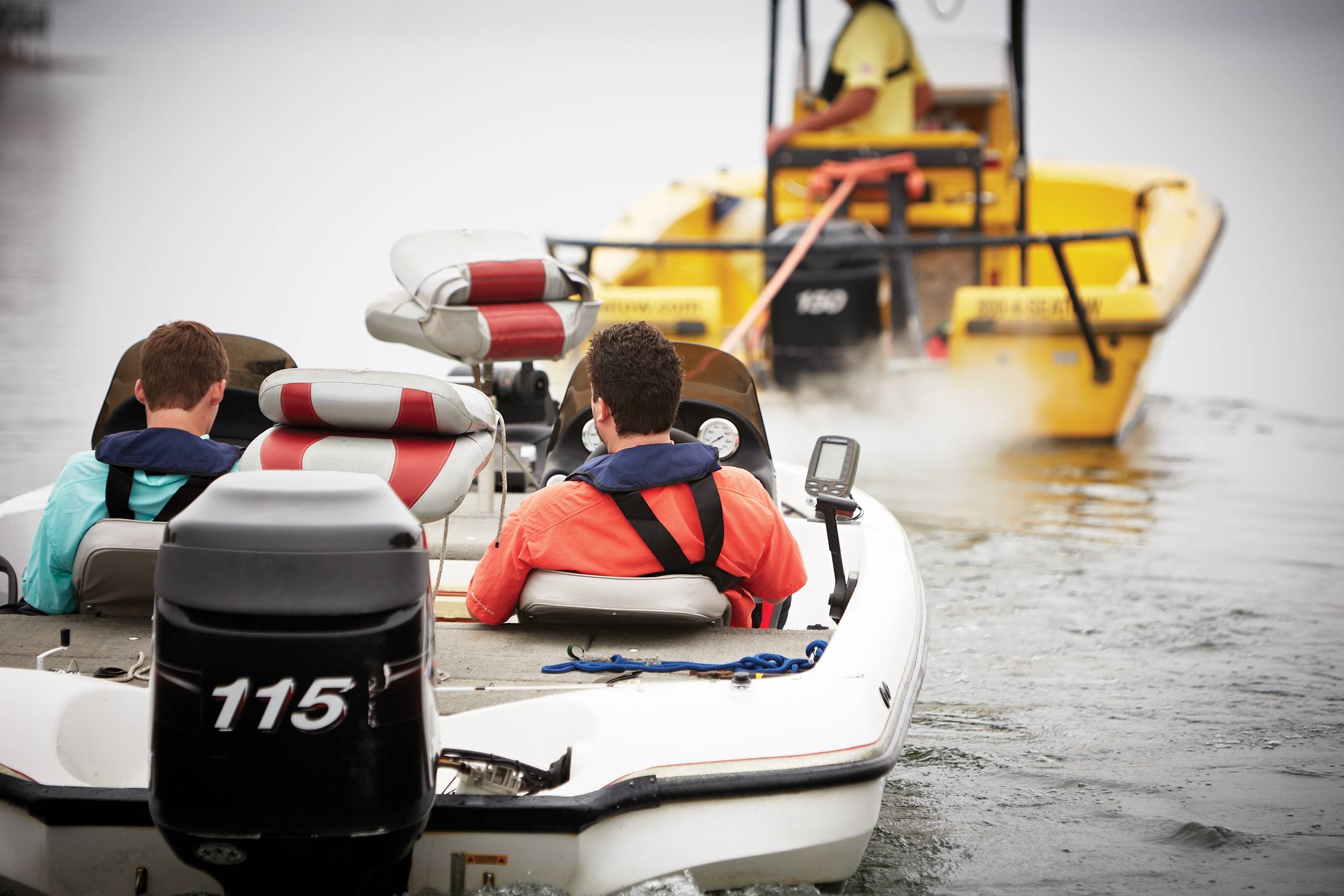
Boating Practices and Safety Measures
Life Jacket Guidelines
Boating in Pennsylvania requires adherence to certain safety measures, particularly when it comes to the use of life jackets. For PWC operators, as well as those born on or after January 1, 1982, a boating safety education certificate is mandatory. Life jackets play a crucial role in ensuring the safety of individuals on watercraft. It is essential that life jackets be USCG-approved and fit properly in order to provide adequate buoyancy.
When on a boat, it is recommended that each person onboard has a life jacket readily accessible. Children under 12 years of age must wear life jackets at all times while boating, whereas adults should wear them in hazardous situations or when required by law. Regularly inspecting life jackets for any visible damage and ensuring they are in good working condition is equally important for a safe boating experience.
Dangerous Conditions
Avoiding dangerous conditions is essential for maintaining safety on the water. Before heading out on a boat, check the weather forecast and be prepared to change plans if necessary. Boaters should always be aware of their surroundings and heed any warning signs or signals that may indicate potential hazards.
In the event of encountering dangerous conditions such as high winds, strong currents, or reduced visibility, boaters should exercise caution and use appropriate safety measures. This may include reducing speed, navigating carefully, and, when necessary, seeking shelter or returning to shore.
Operating a boat under the influence of alcohol or drugs puts the safety of everyone on board and other water users at risk. It is important for boaters to stay sober and remain vigilant in order to prevent accidents and ensure a safe and enjoyable recreational experience for everyone.
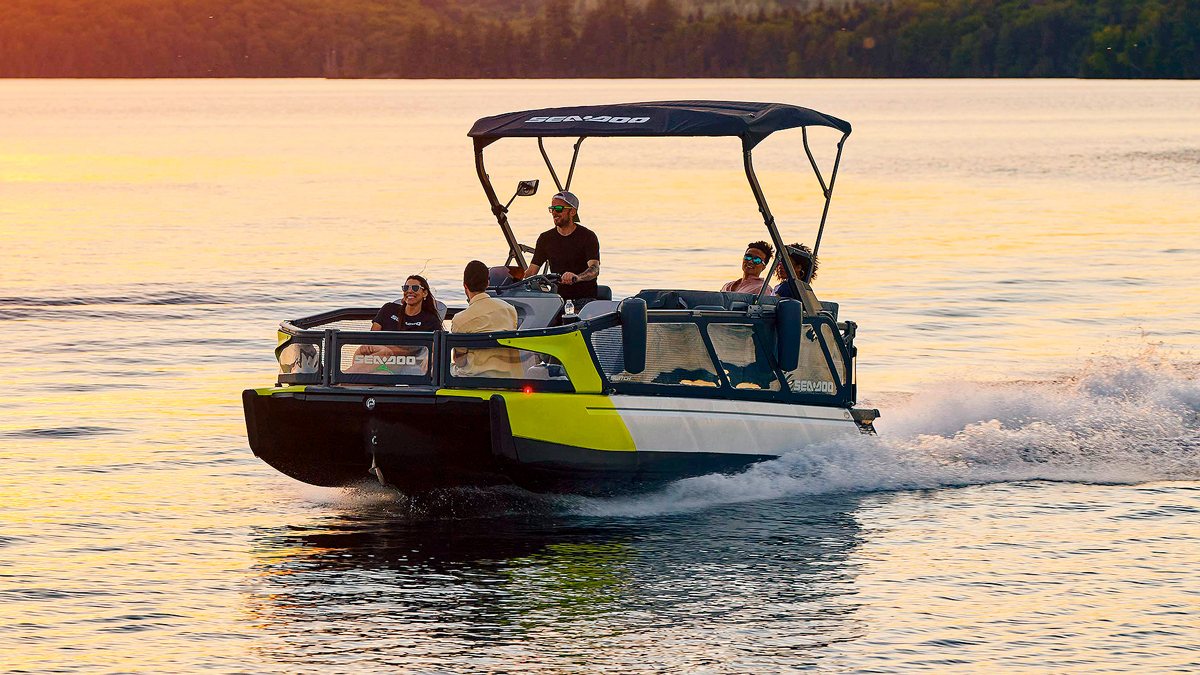
Miscellaneous Information
Pricing and Payments
When obtaining a Pennsylvania boating license, there are various course options available, each with different pricing structures. These courses are offered by approved third-party organizations, and the cost may vary depending on the institution chosen. Payment for these courses typically occurs during registration, and some institutions may accept different forms of payment.
It is important to note that the Pennsylvania Fish and Boat Commission (PFBC) may require an administrative fee for processing the boating safety education certificate. Ensure that you are aware of any additional fees, such as the PFBC admin fee, when registering for a boating license course.
Boat Insurance
Boat insurance is not a requirement for obtaining a boating license in Pennsylvania. However, having boat insurance can provide financial protection in the event of an accident or damage to your boat. Insurance coverage varies depending on the policy and may include coverage for damages caused by collisions, theft, or natural disasters, as well as liability coverage for any injuries or damages caused to others.
Some boating license courses may touch on the topic of boat insurance and its benefits. Additionally, there may be exemptions available for certain types of boats or situations, which can be found in the Pennsylvania boating regulations.
When considering boat insurance, it is important to do thorough research to understand the coverage and pricing options available, and to ensure that your boat insurance meets your needs. Remember to always boat responsibly and prioritize safety to reduce the risk of accidents and potential insurance claims.

Frequently Asked Questions
What are the requirements for getting a boating license in PA?
To obtain a boating license in Pennsylvania, individuals must complete a boater safety course that is approved by the PA Fish and Boat Commission. A boater education certificate, awarded upon successful completion of the course, serves as a physical boating permit. All operators of personal watercrafts (PWC) and those operating a boat with more than 25 horsepower are required to have a boater education card.
Is a safety course mandatory for obtaining a PA boating license?
Yes, a boater safety course is mandatory for obtaining a PA boating license. Pennsylvania law requires all PWC operators and those operating a boat over 25 horsepower to complete a boater safety course and carry a boater education card.
What is the minimum age to drive a boat in PA?
The minimum age to operate a boat with a motor greater than 25 horsepower in Pennsylvania is 12 years old, provided the individual has completed an approved boater safety course and obtained the necessary boater education card. Those under the age of 16 must be accompanied by someone who is at least 18 years old and has a boater education card.
How do I renew or replace my PA boating license?
In Pennsylvania, boater education cards are considered valid for life and do not require renewal. However, if you have lost or damaged your card, you can request a replacement through the PA Fish and Boat Commission or the organization that administered your boater safety course.
Are there free resources for PA boaters safety education?
Yes, there are free resources for PA boaters safety education. The PA Fish and Boat Commission offers a free Pennsylvania Boating Handbook that covers boating regulations and provides information on safe boating practices. Additionally, many online boater safety courses offer free study guides and resources to help individuals prepare for the certification exam.
How can I look up my PA boating license status?
Currently, there is no online lookup system for PA boating licenses. To verify your boating license status, you will need to contact the PA Fish and Boat Commission directly. They can assist you with any inquiries or concerns regarding your boater education card status.
Footnotes
- How to Obtain a Boating License in Pennsylvania ↩ ↩2
- Get your Pennsylvania Boating License & Safety Course | Boat-Ed ↩ ↩2
- PDF 2023 Pennsylvania Boating Handbook ↩ ↩2
- PDF 2023 Pennsylvania Boating Handbook ↩ ↩2
Charlie is Editor-in-Chief of Sea Magazine